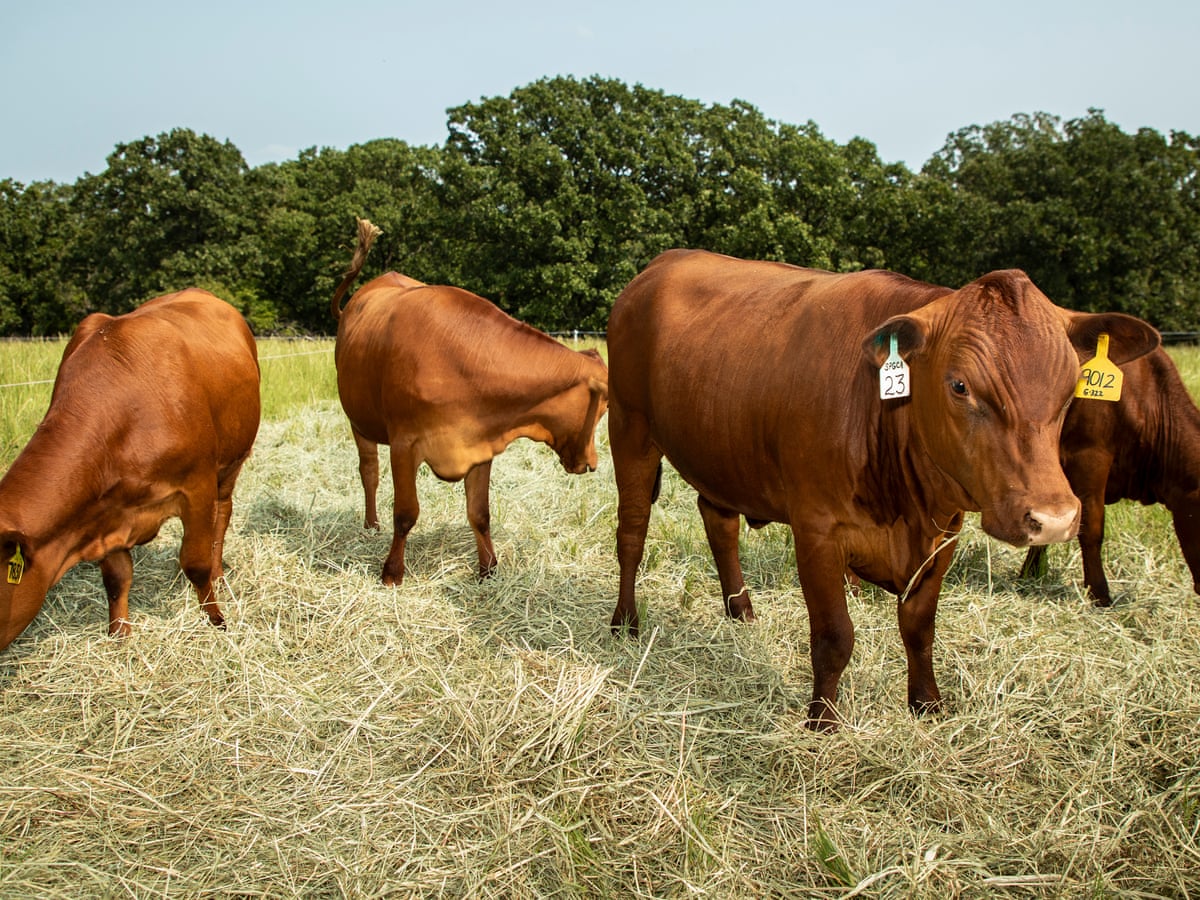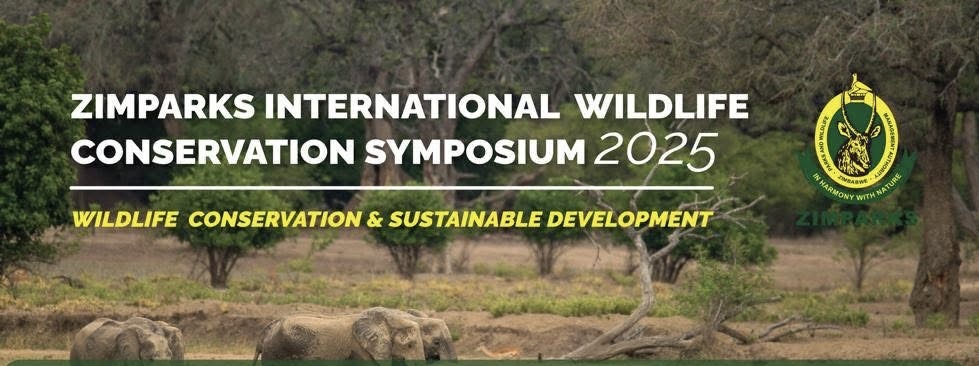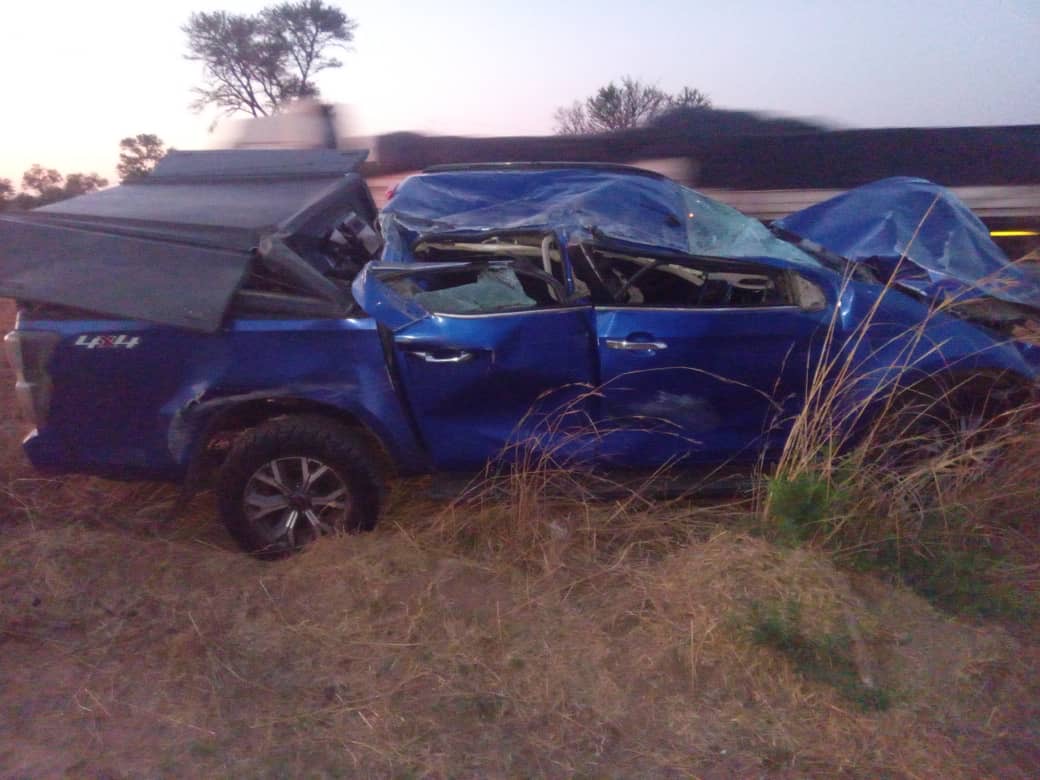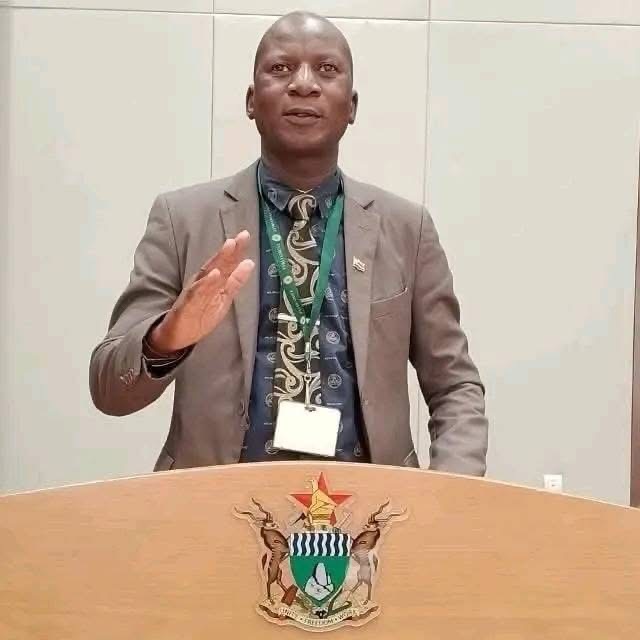HARARE – They are an investment on four hooves. Cattle have become a safe financial option for some Zimbabweans.
Hyperinflation in the southern African nation has led to a loss of public confidence in banks and conventional pension systems.
Zimbabwe’s annual inflation rate jumped to 192% in June, the highest level over a year. The reason behind this is the war in Ukraine, which is driving global commodity prices higher.
Over the last 20 years, many citizens have lost savings in banks and pension funds.
The “mooing bank”
Some are now looking for safer ways to protect their investments. And one option is investing in cattle.
Ted Edwards is the chief executive officer of Silverback Asset Managers, which some also mockingly call a “mooing bank.”
It is a unit trust primarily based on cattle. But, according to Edwards, business is booming.
“Cows seem to be a safe option for some,” Edwards said, adding that some asset management companies are creatively coming up with the old tradition of investing in cattle to create wealth for investors.
Edward’s asset company has established a unit trust investment vehicle where citizens can invest in cattle using the local currency.
Cattle holds stable value
Over time, cattle have proven that they can absorb inflationary shocks, Edwards told DW.
“What we have done is to create a unit trust fund called Mombe Mari trust fund. We have essentially unitized cattle into the trust fund as a means of attracting investment into the cattle industry.”
Currently, one unit is equivalent to hundred kilograms of live cattle.
“It is open to investment for anyone out there who wants to buy units in the unit trust.”
While a cattle unit trust may be a new phenomenon in Zimbabwe, cattle have traditionally been a source of wealth for rural farmers.
Investing in cows gives you more control: farmer
In the southern part of Zimbabwe, a region predominantly suitable for cattle ranching, farmer Zenzele Ndebele says he has never regretted investing in cattle.
Ndebele has managed to withstand the inflation pressures that the country is experiencing.
“I have a certain control over what I can do with my cattle,” Ndebele told DW.
“You can really calculate. Your cattle will add value over a period. Then, you can sell if you want to sell.”
Cattle essentially retain their value regardless of inflation swings.
In addition, they yield value long-term due to their potential reproduction rate of around one calf a year.
How the cow scheme works
While a group of investors can, for example, invest in a whole cow, individuals can buy shares in a cow or calf.
When a cow produces offspring, the value of that calf is added to the client’s portfolio.
Male calves can later be sold as a bull, and proceeds are used to procure the equivalent value in female calves.
Selling high-quality specimens also adds to the returns.
Risks involved: Droughts and diseases
Cattle have long been considered a measure of wealth across Africa.
According to the Food and Agriculture Organization (FAO), livestock accounts for 35 percent to 38 percent of Zimbabwe’s Gross Domestic Product (GDP).
Investing in livestock has its own challenges though. Just as monetary investments could be eroded by inflation, cattle can be affected by droughts and diseases.
However, economists like Gift Mugano say the investment option is far much safer in a volatile environment like Zimbabwe.
Gold coins or cash cows?
“To have investments in cows or animals is a better investment opportunity than gold coins,” Mugano told DW.
“When the animals drop their offspring, that is your interest rate. It is a better bank than going to the bank and put money that is eroded by inflation.”
Zimbabwe’s central bank started selling gold coins to the public in July to help protect people’s savings against the country’s runaway inflation.
The gold coins are sold in local currency, US dollar, and other foreign currencies.
The Mosi-oa-Tunya gold coin, named after Victoria Falls, is mostly made of gold and can be used for purchases in shops as well as be used as security for loans and credit facilities. – DW

 Slider3 years ago
Slider3 years ago
 National4 years ago
National4 years ago
 Tourism and Environment4 years ago
Tourism and Environment4 years ago
 Opinion4 years ago
Opinion4 years ago
 Special reports4 years ago
Special reports4 years ago
 National4 years ago
National4 years ago
 National3 years ago
National3 years ago
 National3 years ago
National3 years ago




